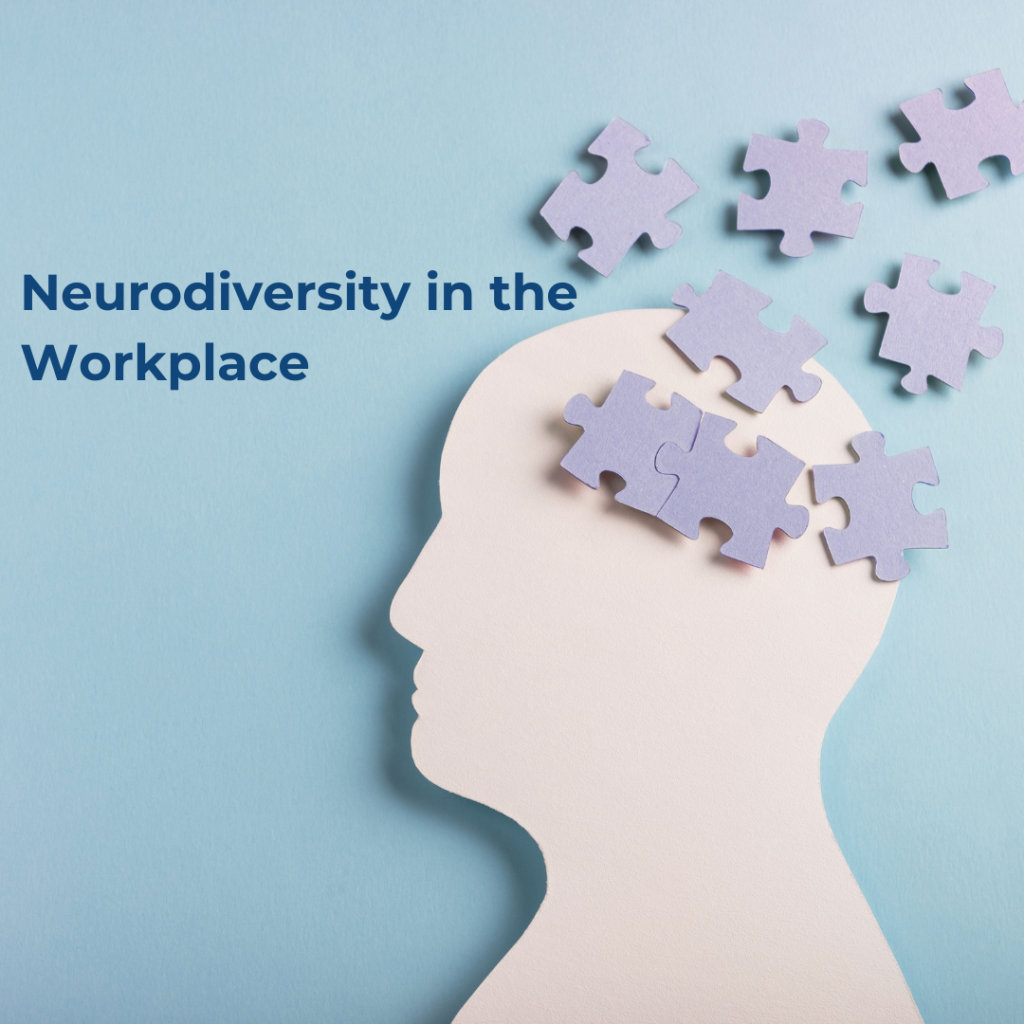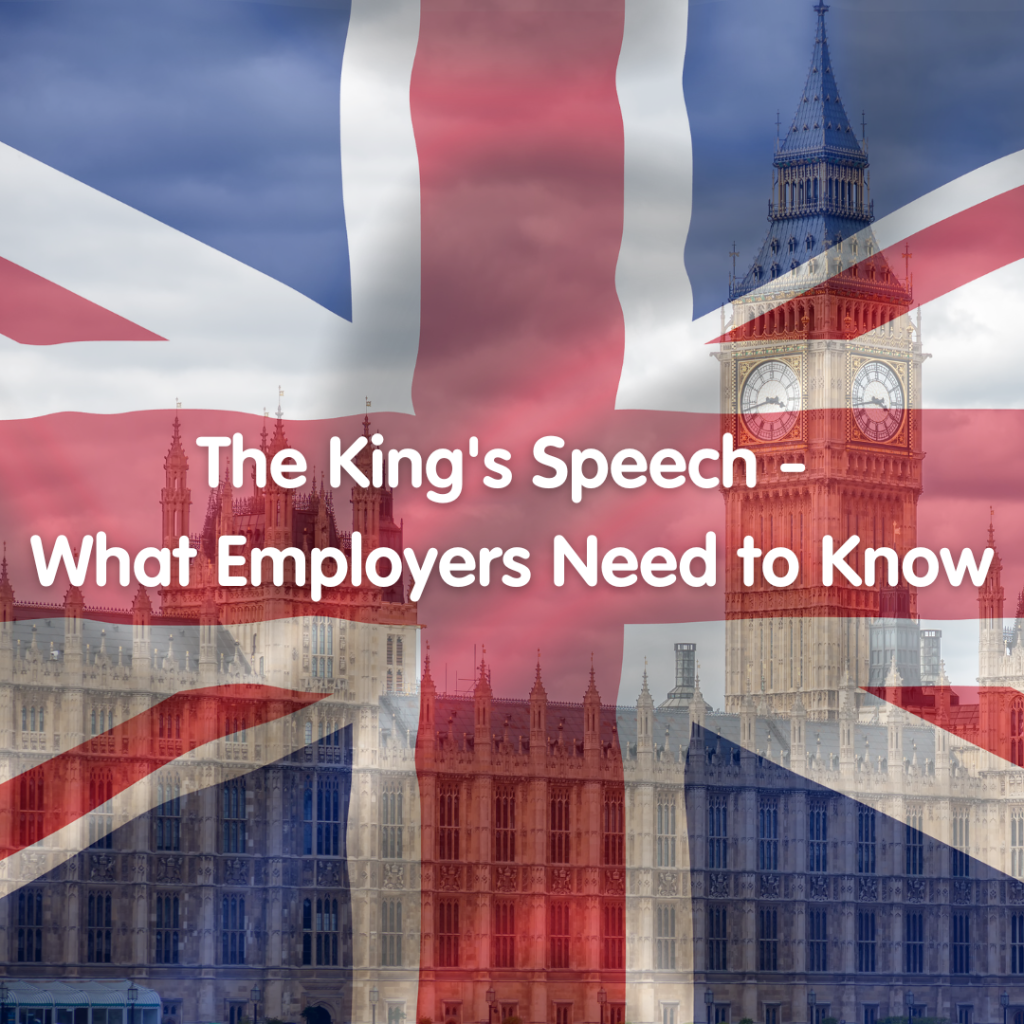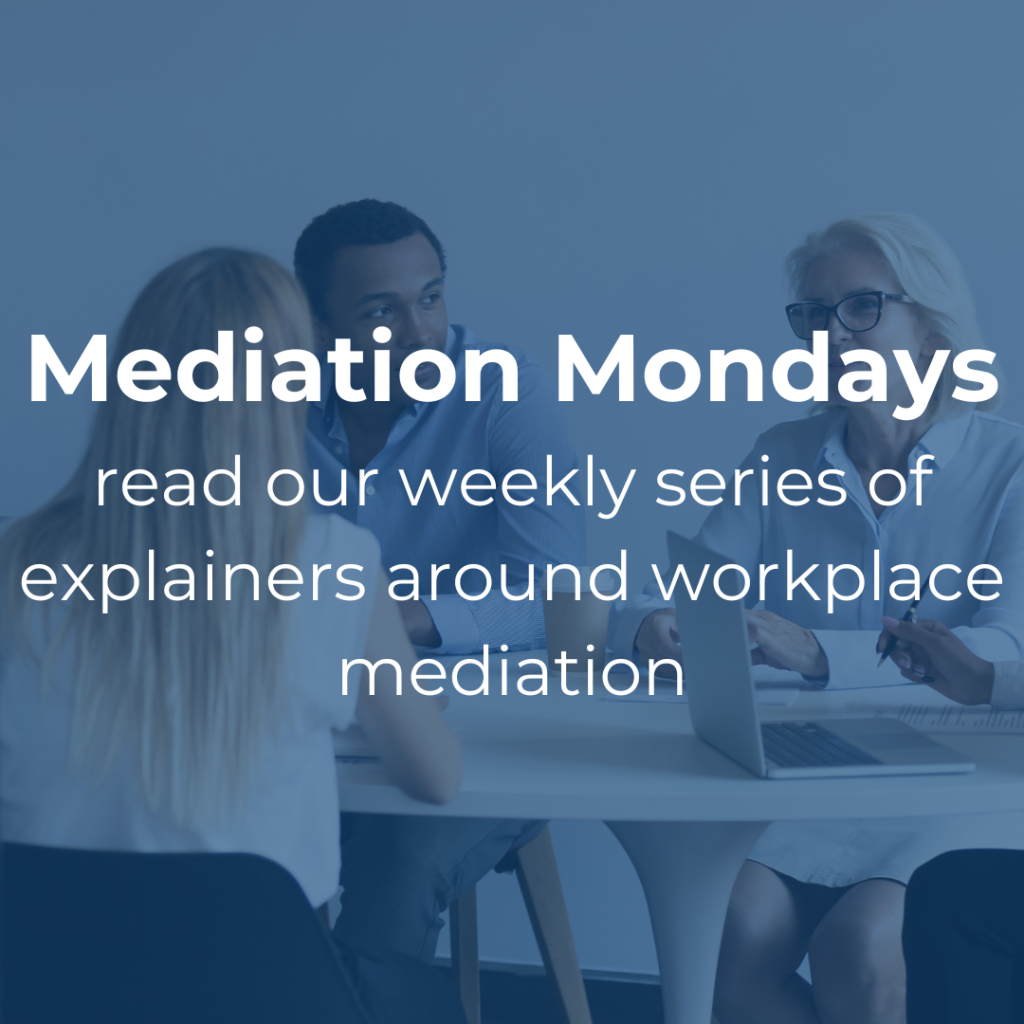
It is estimated that 1 in 7 people UK are neurodivergent.
Neurodivergence is cognitive functioning which is not considered ‘typical’. For example cognitive functions like ADHD, autism, dyslexia, and dyspraxia.
Whilst some industries are making crucial changes to their recruitment and work environment, such as John Lewis which have now published their job interview questions on its website for applicants to promote inclusive hiring.
The City & Guilds have released their annual 2024 Neurodiversity Index reporting the progress of neurodiversity support in the workplace is still significantly lacking.
The Neurodiversity Index surveys 573 UK employees and 93 organisations over 3 months between September and December 2023. This survey includes people with conditions like autism, ADHD, or dyspraxia.
The report found that:
- 50% of individual respondents had been off work during 2023 due to neurodivergent-related challenges.
- Over 33% of neurodivergent workers have not received any guidance from their employer.
- 28% of employers do not have any accommodations for parents or care givers of neurodiverse children.
- 20% of neurodivergent workers are still waiting for promised adjustments to be made.
The report recognises the significant barriers that neurodivergent staff face, which can be particularly damaging to staff’s mental health.
It is reported 79% of autistic adults suffer from mental health issues and many do not get the help they need. Therefore, it is important that HR professionals take action from this report to support neurodivergent staff in the workplace.
Sharing Strengthens from Our Unique Differences
A study by the University of London’s Centre for Neurodiversity at Work highlighted qualities in neurodivergent staff such as hyperfocus, creativity, innovative thinking, visual reasoning and strengths in processing details and recognising patterns.
These distinct advantages can offer a valuable skill set to an organisation’s team.
However, despite the distinct advantages, staff can often face stigma and discrimination based on the misconception that a neurodivergent individual has lower intelligence.
How to create a neuro-inclusive workplace
Neurodiversity should be celebrated in the workplace, as by embracing our differences and unique qualities you can create a resilient and skilled workforce.
The Neurodiversity Index report also makes recommendations for creating a neuro-inclusive workplace. These include:
- Draft clear and understandable job descriptions that reflect the actual skills needed for the job.
- Providing interview questions in advance to all applicants.
- Explaining the rules of the workplace during onboarding processes.
- Ensuring physical, technological and communication accommodations are in place to support all employees.
- Implementing employee resource groups, neurodiversity champions and mentorship programmes
The Neurodiversity Index report highlighted that only 28% of organisations had peer mentoring programmes.
- Reviewing and updating policies to create an inclusive work environment where improvement can be made.
- Encouraging and supporting the representation of neurodivergent individuals at all levels within the organisation.
Reasonable adjustments
Under the Equality Act 2010 employers have a duty to make reasonable adjustments for disability, which can include conditions such as ADHD, autism and dyslexia.
The Neurodiversity Index reported only 30% of employers know about Access to Work for supporting adjustment in the workplace.
This could be adjustments to a person’s work schedule, role and responsibilities, working environment or even equipment and technological support.
When considering reasonable adjustments it is best to discuss possible adjustments together with the employee and review the impact the adjustments make and if any changes need to be made.
Having conversations with staff can help you understand what has worked for them before, whilst the employee may not have all the answers, they can help identify some adjustments that may help.
If an employer fails to make a reasonable adjustment they can possible be faced with costly disability discrimination claims.
Employers should be aware the duty to make reasonable adjustments also extends to the recruitment, and HR professionals should check their recruitment procedures and policies encourages and supports neurodiversity.
If you need advice on neurodiversity in the workplace and want to explore our training packages to handle these situations confidently and fairly, please contact us at 0333 888 1360 or complete the enquiry form and we’ll get back to you as soon as possible.






